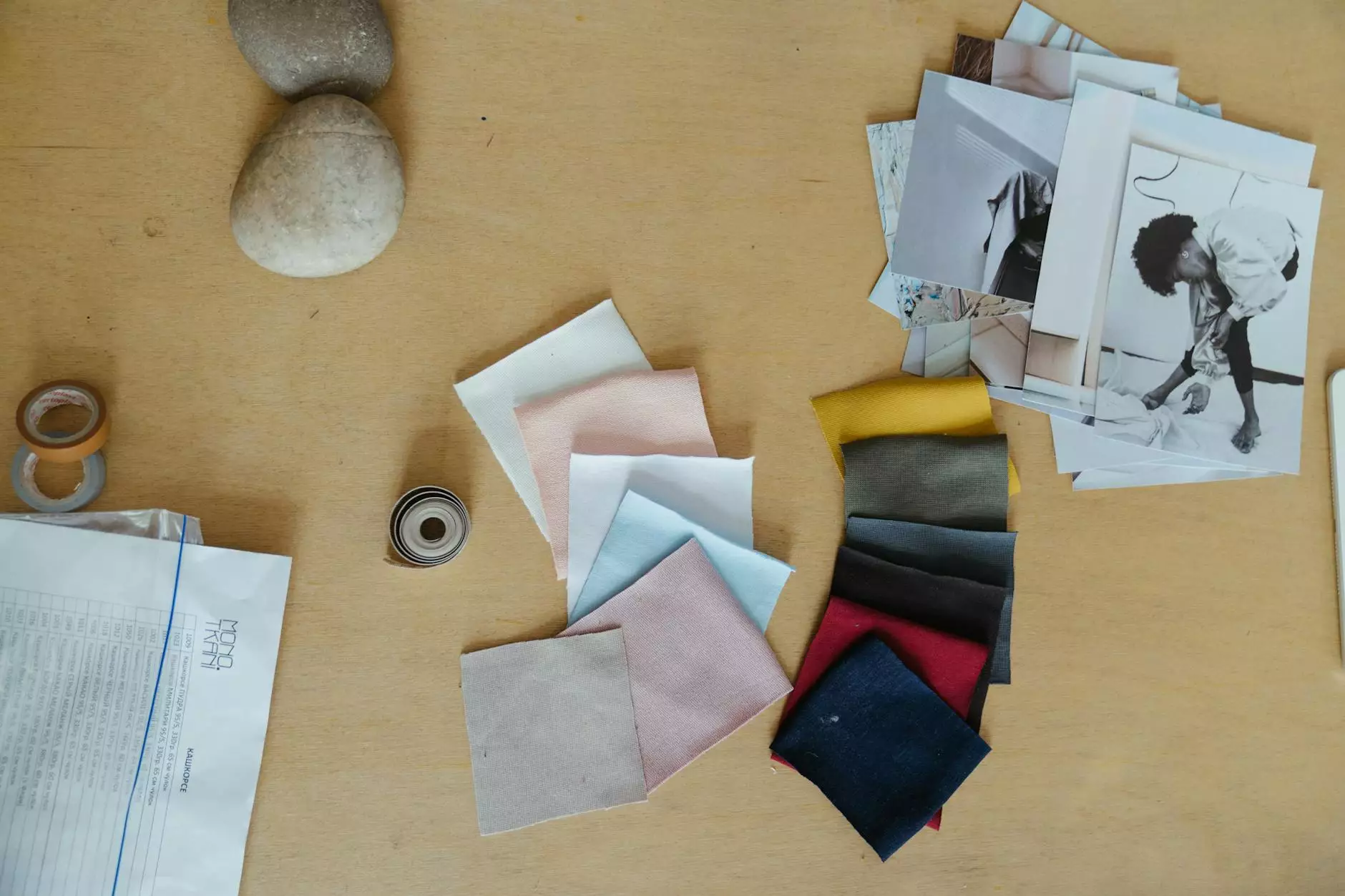Effective Tips on Writing a NIH Grant Proposal for Newbies

Introduction
Welcome to The Knowledge Nest, a trusted source in the community and society sector. In this comprehensive guide, we will share valuable insights and effective tips on writing a successful NIH grant proposal, specifically designed for beginners looking to secure funding for their research projects.
Understanding the NIH Grant Proposal
The National Institutes of Health (NIH) provides significant funding opportunities for various research initiatives, aiming to advance scientific discovery and improve human health. However, navigating through the grant proposal process can be overwhelming, especially for newcomers.
A well-crafted NIH grant proposal is vital to increase your chances of success. It showcases your research goals, methodologies, anticipated outcomes, and the significance of your project to the scientific community and society at large. Here are some essential tips to help you write a compelling grant proposal:
1. Thoroughly Understand the Grant Guidelines
Before starting your proposal, carefully review the specific guidelines provided by the NIH. Each grant mechanism has its own set of requirements and expectations. Understanding the guidelines ensures that your proposal aligns with the funding agency's priorities and objectives.
2. Clearly Define Your Research Objectives
The core of your NIH grant proposal lies in clearly defining your research objectives. Your objectives should be specific, measurable, attainable, relevant, and time-bound (SMART). Clearly state the problem you are addressing, how your research will address it, and the potential impact it may have on the field.
3. Develop a Solid Research Plan
Your research plan should outline the methods, techniques, and experiments you will undertake to achieve your stated objectives. Be detailed and provide sufficient information to enable reviewers to assess the feasibility and scientific rigor of your approach.
4. Highlight Your Expertise and Collaborative Efforts
Emphasize your qualifications, expertise, and track record in the field. Showcase any relevant publications, previous research accomplishments, and collaborations that support the feasibility and potential success of your project. Collaborative efforts with experts in complementary fields can strengthen your proposal.
5. Demonstrate the Significance and Potential Impact
Clearly articulate the significance of your research and its potential impact on advancing scientific knowledge, addressing public health concerns, or improving patient outcomes. Highlight the relevance of your project to the NIH's mission and its potential contributions to the scientific community and society as a whole.
Additional Tips and Best Practices
6. Carefully Craft Your Budget
Develop a detailed budget that justifies all expenses associated with your research. Ensure that it aligns with the NIH's financial guidelines and provides a clear breakdown of how the funding will be utilized.
7. Seek Peer or Mentor Feedback
Before submitting your proposal, seek feedback from trusted peers or mentors who can provide valuable insights and suggestions for improvement. Incorporating their feedback can enhance the quality and impact of your grant proposal.
8. Pay Attention to Grant Review Criteria
Familiarize yourself with the NIH grant review criteria, such as scientific merit, innovation, approach, investigator qualifications, and environment. Ensure that your proposal addresses each criterion adequately, maximizing your chances of success.
9. Edit, Proofread, and Polish Your Proposal
Take the time to thoroughly edit, proofread, and polish your grant proposal. Ensure that the content flows logically, the language is concise and clear, and there are no grammatical or typographical errors. A well-presented proposal demonstrates professionalism and attention to detail.
Conclusion
Writing a NIH grant proposal can be a challenging endeavor, especially for beginners. However, by following these effective tips and guidelines provided by The Knowledge Nest, you can significantly enhance your chances of securing funding for your research. Remember to start early, plan meticulously, and seek help when needed. Good luck with your grant proposal!









